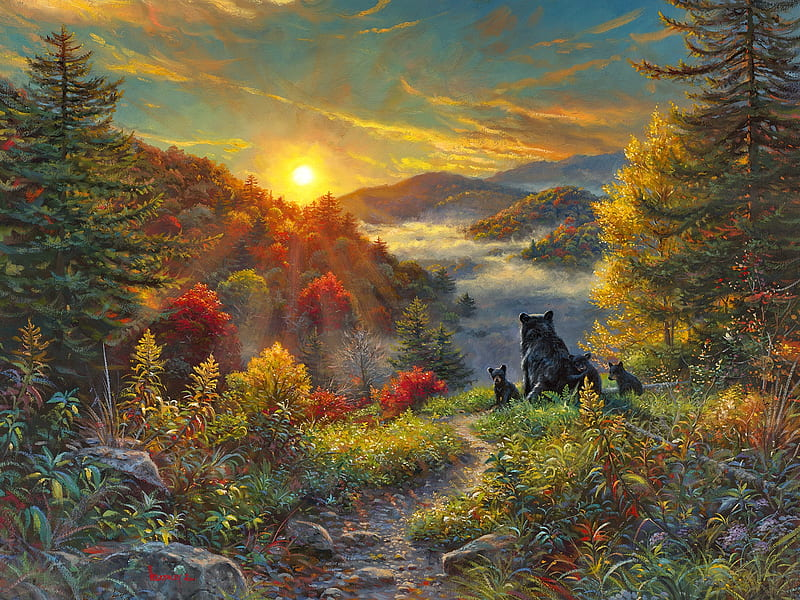Live to 100: Secrets of the Blue Zones
There is a Netflix documentary worthy of watching by longevity obsessive and researcher Dan Buettner, titled "Live to 100: Secrets of the Blue Zones". He also has authored a book "The Blue Zones". Six places in the world where people are uncommonly long-lived are called Blue Zones, Sardinia in Italy, Okinawa in Japan, Ikaria in Greece, the Nicoya region in Costa Rica, Loma Linda in the USA, and Singapore.
The key to living longer is that we have to make a few
adjustments to our daily schedule. Some of them, like giving up smoking and
exercising more, are already common knowledge. But there are also other, less
obvious ways to live longer.
The truth
about living longer is that there are no lifestyle changes or magic pills that
will stop the aging process. You will always age, every day, no matter what. It is the law of entropy of the Thermodynamics. Aging is one of the components of the Buddha's first noble truth of dukkha. However, the aging process can be accelerated or slowed down, and the people in
Blue Zones have demonstrated effective ways of putting on the brakes.
We’ve all
heard the saying “You are what you drink and eat.” Be sure to drink enough water – and say yes to some
red wine once in a while. Wine’s
secret lies in its flavonoids, which can also be found in dark chocolate or
brightly colored fruits and vegetables. Flavonoids reduce the incidence of
certain cancers and heart disease.
Of course, you can’t live on
drink alone. You also have to eat, and what you eat has a major effect on how
long you’ll live. Most people in Blue Zones have low-calorie diets, usually
vegetarian or vegan. Their main meal is either breakfast or lunch; dinner is
always light. In the Japanese Blue Zone of Okinawa they have a special
philosophy concerning food: they purposefully restrict the calorie intake and
remind themselves to eat only until they are 80 percent full. This slows down
the body’s metabolism, which helps reduce the amount of damaging oxidants in
the body.
Living longer isn’t all about
what you put into your body, however. It’s also about how you exercise your
mind. You need a driving force, a purpose! It is like the logotherapy of Victor Frankl.
Statistics show that more
Americans die in the first year of retirement than in the last year of work.
This fact suggests that living without a purpose can be harmful to your health.
You’ve got to have something that motivates you to get out of bed every morning
But keeping busy isn’t only a means to an end. They all love to work because
the fruit of their labor provides for their families. For them, creating a
happy and healthy family is a core purpose.
Ikigai is the name for that purpose in life given by the people in Okinawa Japan. Spirituality in Okinawa centers around living in the moment and leaving the past untouched. All past hardships are viewed as necessary to enjoy the moment, so the populace doesn’t suffer the stress and anxiety of lamenting past decisions. In turn, they lead longer lives. Spirituality doesn’t have to be a fixed religious belief. It could also be a set of common practices that includes physical activities and ways to reduce stress.
Physical activity and stress reduction should be part of your daily habits if you want to live longer. Aside from cultural disposition, physical activity offers a great means of cutting stress. Not in the sense of gym training, but rather as a natural part of your everyday life. This natural physical activity has the added benefit of increased exposure to the sun. Exposure to the sun produces vitamin D, which works against many types of cancer and diabetes. This is why there are so many healthier and more independent centenarians in Okinawa than in Europe – they literally live on the sunnier side of the world!
There
is an adage in Nepali that for good health and longevity, one has to be conscious
of one's aahar (food), bihar (exercise), and bichar (thoughts).
I want to add one more component, sambandha (relationships). I think the
common denominators that unite life in Blue Zones can also be categorized
under these headings.
Consume a plant-based diet.
Be active and move to burn calories.
Have a positive and hilarious outlook towards life and have a purpose in life.
Have a habit of de-stressing, pausing, and relaxing. Like the practice of mindfulness and meditation.
Put your family and your loved ones first.
Have lots of friends.
Have some faith and belong to a community and friendship that supports a healthy lifestyle.
To make a concluding note, De-stressing is a skill that is not taught in school. Our rishis used to live longer because they did not have stress. We should reduce multitasking and especially resign from the honorary position of the general manager of the universe that we are so fond of. Instead, we should strengthen the muscles of pause, reflection, and response by the regular practice of mindfulness and meditation. The stress level in our body pumps the adrenaline and glucocorticoids which would be useful if we are sick or wounded or a tiger is chasing us. If that is not the case it will add on to the chronic stress that takes its toll on our body and we will age sooner.



.jpeg)





.jpg)
Comments
Post a Comment